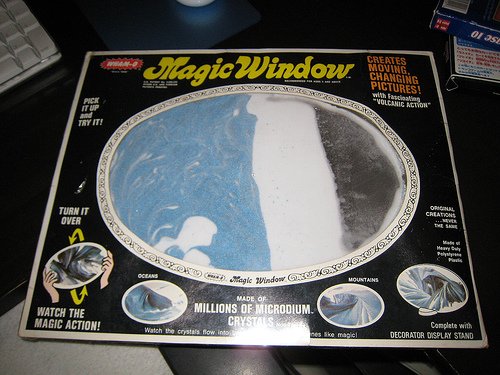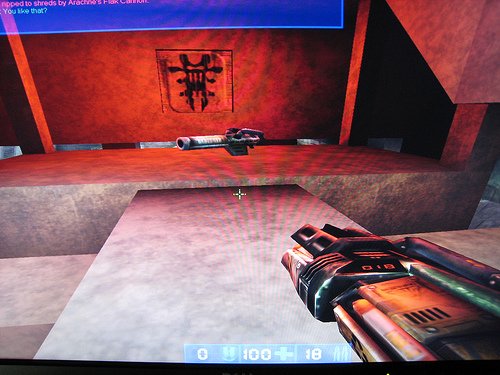Japan has a reputation for being a peaceful place with very little in the way of violence, giant monsters emerging from the sea and smashing Tokyo notwithstanding. This happy image was somewhat shaken this week when a minor gang war broke out in Tokyo, with several shots fired back and forth and one gang boss killed. Japan’s Yakuza have been around for centuries, and usually go about their business in a very orderly fashion, with the major groups — Yamaguchi-gumi in Osaka and the smaller Sumiyoshi-kai and Inagawa-kai in Tokyo — respecting each others territory. This harmony was broken when some members of the 3rd-ranked Inagawa Group of Tokyo allowed the traditional protection money collected from restaurants and bars in Roppongi to go to the Yamaguchi group, which amounted to the Osaka mafia muscling in on territory that wasn’t traditionally theirs. Some arrests have been made so hopefully we’ve seen the last bit of fighting. The Yakuza like to pretend they’re modern day Robin Hood anti-heroes, but their various criminal enterprises, including ultra-high interest loans and protection scams, cause great harm to people. The term Yakuza is a phonetic play on the numbers 8, 9 and 3, which add up to 20, representing the worst possible hand you can get in a traditional card game played since the Edo Period.
Yesterday I went to Tokyo on business, just a 45-minute Shinkansen ride away. Whenever I visit Japan’s capital I experience a brief period of localized culture shock as I adjust to having that much concrete and steel around me, and having my own personal space cut down to a fraction of what it is in our home prefecture of Gunma. My eyes always go a little wide when I see the, er, extremely beautiful and fashionable women riding trains or crossing the famous “scramble intersection” in Shibuya, so different from the more down-to-earth females back home that it seems to my eyes like the difference between regular television and HD-TV. Even the men are image-conscious in Tokyo, reading magazines like Smart or Myojo and no doubt being subtly influenced by the endless stream of boytoy “talents” from Johnny’s Entertainment, Japan’s most successful talent management company. Passing through Shinjuku, I spied one extremely fashionable youth who was busy playing with a pink Nintendo DS, and it occurred to me that in Japan today men and women are in open competition to see which set can be more fashionable and stylish — an odd phenomenon that probably wouldn’t happen in the U.S., unless I’ve really been away too long.
In a very real sense, the culture of Japan flows from China, just as everything in the West from laws and courts to roads originally came from ancient Rome and Greece. China is so much a part of Japan’s history that you couldn’t express ideas without thinking in kanji, the pictographs that Japan imported along with Buddhism in the 6th century A.D. (this is in contrast to the two Koreas, who have largely decoupled their language from kanji in favor of the “purity” of the home-grown hangul writing system). Just as elements of classical languages survive in our speech ad infinitum, the Chinese language pops up in Japanese from time to time, for example in the poetic phrase shimen-soka (she-men-SOH-kah), which means “being surrounded by enemies on all sides and totally betrayed.” The wisdom of China also survives in the form of proverbs that the Japanese have imported, such as the old standby ningen banji saiou-ga-uma, which means “All human affairs are like Saiou’s horse.” This refers to an old Chinese story about a man named Saiou whose horse ran away, making everyone say how unfortunate he was. “How do you know this is a bad thing?” he asked. His horse came back, bringing another horse this time, and when people congratulated him on his good luck, he asked, “How do you know this is a good thing?” He then or bad happens, no one can say for sure if it is truly a good or bad thing in the end. It’s kind of like marrying an 80-year-old billionaire — in the end, who can say if it will be a good thing or not?
Today is February 9th, which according to the usually-incomprehensible- to-gaijin Japanese numbering system is “Meat Day” (Niku no Hi, 肉の日), since 2/9 can be read ni ku meaning meat in Japanese (refer to Yakuza, above). Today is also my wife’s birthday, so we’re off to enjoy Korean Barbecue, a popular delicacy in Japan. Have a nice weekend!
















